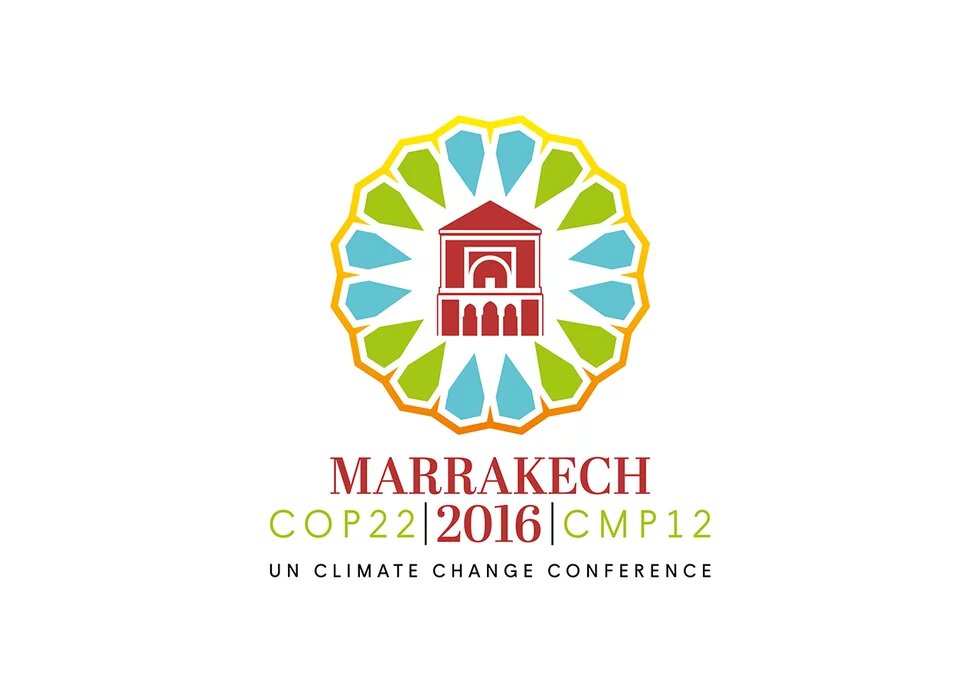
In the period November 7-18, 2016, the Conference of the Parties of UN Framework Convention on Climate Change (COP22) is ongoing in the city of Marrakech, Morocco. Ukraine has been participating too. This year main climate negotiations are focused on developing mechanisms for Paris Agreement implementation ratified by Verkhovna Rada of Ukraine in July 14, 2016.
Ukraine totally acknowledges the importance of its input in international climate negotiations, need for urgent actions in solving climate problems as well as gaining benefits from green economy growth in the country. In view of the above, the group of Ukrainian experts consider the high importance to discuss the following issues in the course of СОР22 Conference:
- Reviewing national target plan on fixed emissions reduction to make it more ambitious for climate change effective solution.
Having ratified Paris Agreement the Ukrainian Government has shown its strong determination to demonstrate the same ambition intentions in forming up national fixed plan to reduce greenhouse gases. For the moment the official goal of Ukraine is reducing greenhouse gas emissions by 40% till 2030 comparatively to 1990 levels, which actually means increasing by 40.7% compared to 2012 (Fig. 1). Despite the adoption of a global goal to keep global warming at 1,5-2°C level, the country targets announced last year on limiting greenhouse gas emissions keep on leading the world to global warming by 3,5°C and more. Therefore, we believe that based on Paris agreement objectives all countries including Ukraine should increase their national defined input ambition level to reduce greenhouse gas emissions.
Fig. 1. Greenhouse gas emissions (in million tons of CO2 equivalent) in Ukraine and reduction targets by 2020 and 2050.Actually the increasing tendency compared to current levels has been planned. © CAN EECCA
- The adoption of gradual transition policy to 100% renewable power at Ukrainian national level.
We are convinced that Ukraine’s transition to 100% renewable power (electricity and heat production, transport) and refusal to use fossil fuels is not just optional but actually the only acceptable way to promote green economy growth in Ukraine. Moreover, we believe that nuclear power as well as large-scale hydropower should not be considered alternatives to conventional fuels due to high economic costs, significant negative environmental impacts and difficulties in decommissioning. Ukraine has great potential for renewable power development, namely solar, wind, geothermal, biomass and other energy sources.
- Public awareness raising, behavioral changes and implementing education on climate change.
In the context of climate change, there exists a clear need to review existing approaches to education, especially we stress upon the potential to provide the public with education and trainings that will help responding to the diverse and rapidly changing world.
It is essential to implement key education knowledge areas and skills on climate change and renewable power development at all educational levels, such as pre-school, secondary, vocational and adult education via various means and tools like formal education, informal and professional.
Based on the above, we believe that qualitative integration of climate change and renewable power development into educational programs and educational activities is a top priority in public awareness raising and Ukrainians’ understanding on climate change issues and adopting appropriate management decisions on participatory basis.
- Considering gender component in climate change issues.
In the context of climate change, gender issues are of utmost importance for Ukraine due to greater climate change impact on women. The matter is Ukrainian women are dependent on natural resources at bigger extent (i.e. agriculture is vulnerable to climate change in the first place, and women are the most involved in this economy sector). Moreover, women are weaker and more vulnerable to dangerous natural hazards such as drought, landslides, floods and hurricanes, that are actually the consequences of climate change, as women get less paid and their financial situation is poorer compared to men (most of the poor in Ukraine are women). We believe that gender rightfulness and equality issues should be considered in national policy on climate change forming up.
The message prepared:
Iryna Stavchuk, National Ecological Centre of Ukraine
Inna Indutna, Ukrainian Youth Climatic Association
Olia Boiko, National Ecological Centre of Ukraine
Andriy Konechenkov, Ukrainian Wind Energy Association
Oksana Aliieva, Heinrich Boell Foundation Regional Office in Ukraine
Kateryna Miroshnichenko, NGO “Sweet ‘osvit”
Oleksandra Kolmogortseva, Resource Efficient and Cleaner Production Centre
Illya Yeremenko, Ecoclub, Rivne
Olena Tkach, Clima East